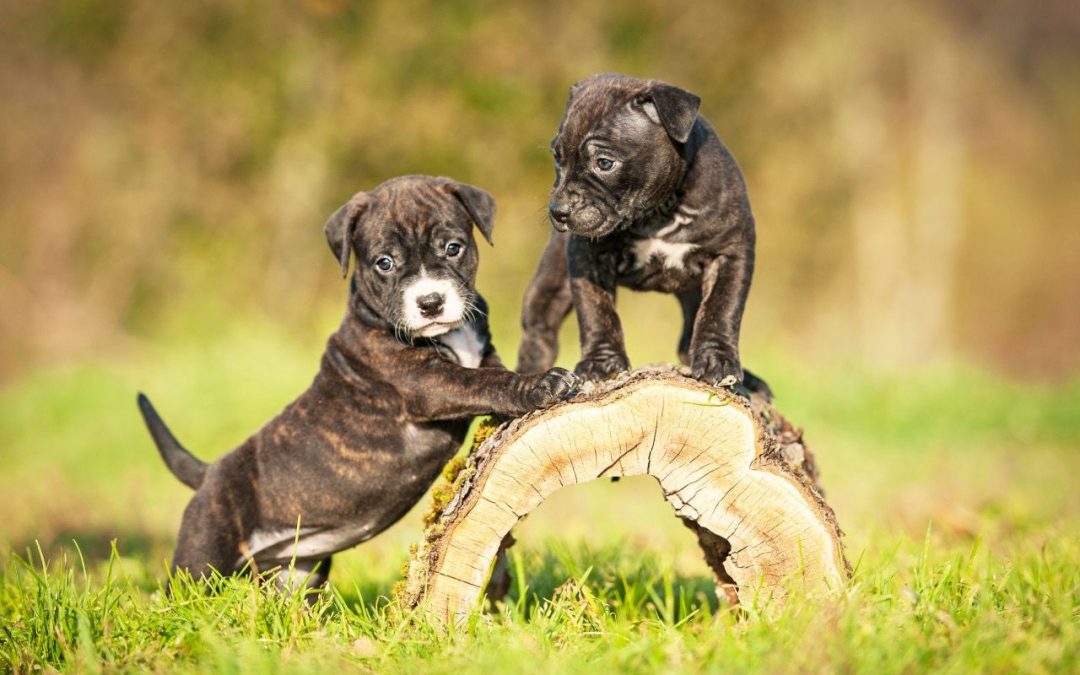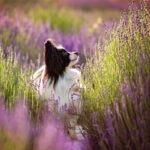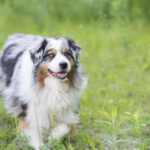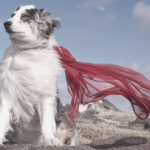Don’t hold back when socializing your young puppy. Create as many positive associations as possible before 14 weeks of age.
If you’re a puppy parent searching for guidance on how to socialize your puppy, you risk coming across some concerning misinformation, even from professional trainers. The most worrisome recommendations include ‘Don’t use food during socialization,’ and ‘Don’t teach your puppy to expect good things from strangers.’ This advice is misguided and dangerous. Here’s why:
During the very brief window between 3 and 12-14 weeks of age, puppies can learn that the world is safe, or unsafe, much more easily than is possible later in life.1-4As I tell my puppy class clients and puppy socialization interns, an ounce of prevention really is worth a pound of cure. When it comes to puppies liking strangers, for example, an ounce of prevention translates as a few weeks of introducing puppies to new people in a positive way. A pound of cure? Months or years of work to try to help a fearful adult dog become a little more comfortable with strangers.
What the Research Says
Most studies of puppy socialization have found that deliberate socialization efforts are correlated with good results for puppies. These good results are things most of us care a lot about: less fear and aggression, and increased likelihood of puppies staying in their homes long-term.5-14 Most trainers and scientists agree that these socialization experiences should be positive in nature (rather than neutral or negative) to reduce the risk of future behavior problems.15-20 In practice, dog behavior professionals do this by exposing puppies to new things in a way that doesn’t scare them, and by using food, play, affection, or anything else the puppy loves to create a positive association.
Why deliberately create positive experiences, rather than let a puppy get used to (habituate to) new people and animals? Habituation is going on all the time. But when it comes to things adult dogs commonly fear (e.g., strangers, other dogs, noises), we need to do better than hope puppies just “get used to it”. Fear of strangers and other animals presents real quality-of-life issues for both dogs and their families. There is evidence that fear can be easily acquired in puppyhood, and that a single negative experience can affect the dog for the rest of his life, increasing the likelihood of fear and aggression.21 The most ethical choice for behavior professionals is therefore to tip the odds in favor of puppies liking strangers and other animals by working to make puppies’ experiences positive.
What Influcences Fear and Aggression in Dogs?
Puppy genetics, environment during gestation, and early life experiences can all work against us in our mission to create a well-socialized puppy.22-23 This means that even if we socialize perfectly, we might not be able to teach the puppy in front of us that new people and animals are safe. So why would a behavior professional urge owners to limit or even avoid creating positive experiences with all kinds of people and animals during the precious early weeks of a puppy’s life? The arguments are all over the map, but perhaps the most egregious is the warning that teaching puppies that strangers predict good things (treats, attention, etc.) will create the “Too Friendly Puppy”—a puppy who will be so excited to meet new people that he will be “out of control” and ill-mannered, jumping up and pulling on leash.
For dog trainers to advise limiting positive experiences for puppies in order to avoid potential behavior problems associated with friendliness is akin to a doctor recommending hand amputation to avoid the possibility of future hangnails. It also fails to distinguish between socialization and basic manners training. This is not a trivial error. Any competent dog trainer, and even most puppy parents, can teach a friendly dog to walk politely on leash and sit to greet, relatively easily, at any age. We have very little time to convince young puppies that the world is a good and safe place.
As noted above, the majority of available studies on puppy socialization suggest that puppies who undergo deliberate socialization programs benefit. On the flip side, there is no credible evidence to suggest that socialization programs that actively work to create positive associations with new people and animals cause behavior problems or harm puppies in any way. And we know that insufficient socialization can be disastrous.
What the Pros See Day After Day
Behavior professionals who work with fear and aggression in companion dogs know first-hand just how terrible the results of poor socialization can be. Please pause a moment to reflect on the sad, short lives of dogs euthanized every year in animal shelters because they are fearful and aggressive. Sit with the family whose hearts break as they make the decision to euthanize their beloved dog, whose fear and aggression has made him unsafe. This is the potential cost of cautioning puppy parents to limit their puppies’ positive interactions with the world around them. What if every stranger these dogs had met before they were 14 weeks old had given them treats? What if they’d met friendly new dogs every day during that period? Might a positive regard for strangers and other dogs be worth the small cost of teaching a friendly puppy to sit to say hello and walk politely on leash?
So please, if you have a young puppy, teach her to love all people and other animals while you still can. Use food and play to create positive associations, and do your best to make sure your puppy is comfortable and having fun. If your 8-week-old puppy develops into a 4-month-old who is enthusiastic about all strangers, congratulations! Your hard work has paid off, and count your lucky stars that there weren’t any overwhelming genetic factors or early bad experiences that made this result impossible. It is a relatively simple matter to teach your friendly, socialized puppy to greet people politely (use that “sit” you learned in puppy class!), or pass people and dogs on leash when greeting isn’t appropriate. If you struggle with this on your own, reach out to a credentialed positive reinforcement trainer to help (click the links below to conduct a trainer search):
Trainers love to get calls about friendly dogs who just need a little manners tune-up!
This is not meant to be a how-to article on puppy socialization, but there are good resources on how to properly socialize puppies. Here are a few:
Citations
1Scott JP, Fuller JL. Genetics and Social Behavior of the Dog. Chicago, IL, USA: University of Chicago Press; 1965.
2Freedman DG, King JA, Elliott O. Critical period in the social development of dogs. Science. 1961;133:1016–1017.
3https://www.companionanimalpsychology.com/2015/02/why-you-need-to-socialize-your-puppy.html
4https://www.companionanimalpsychology.com/2017/07/the-sensitive-period-for-socialization.html
5Kutsmi et al. Importance of Puppy Training for Future Behavior of the Dog J. Vet. Med. Sci. 75(2): 141–149, 2013
6Casey et al Human directed aggression in domestic dogs (Canis familiaris): Occurrence in different contexts and risk factors. Applied Animal Behaviour Science 152 (2014) 52–63
7Howell et al. Puppy parties and beyond: the role of early age socialization practices on adult dog behavior. Veterinary Medicine: Research and Reports 2015:6 143–153.
8Duxbury MM, Jackson JA, Line SW, Anderson RK. Evaluation of association between retention in the home and attendance at puppy socialization classes. J Am Vet Med Assoc. 2003;223:61–66
9Vaterlaws-Whiteside et al Improving puppy behavior using a new standardized socialization program Applied Animal Behaviour Science Volume 197, December 2017, Pages 55-61
10Cutler et al. Puppy socialization practices of a sample of dog owners from across Canada and the United States. J Am Vet Med Assoc. 2017 Dec 15;251(12):1415-1423
11https://www.companionanimalpsychology.com/2017/11/extra-early-socialization-for-puppies.html
12https://www.companionanimalpsychology.com/2018/03/puppy-socialization-practices-and-how.html
13https://www.companionanimalpsychology.com/2015/12/make-your-dog-happy-puppy-class.html
15https://www.akc.org/expert-advice/training/puppy-socialization/
16https://positively.com/dog-behavior/puppy-knowledge/puppy-socialization/
17https://drsophiayin.com/blog/entry/puppy-socialization-stop-fear-before-it-starts/
18https://www.avma.org/KB/Resources/Reference/AnimalWelfare/Pages/Socialization.aspx
19McMillan, Franklin D. “Development of a mental wellness program for animals.” Journal of the American Veterinary Medical Association 220.7 (2002): 965-972.
20https://www.avma.org/KB/Resources/LiteratureReviews/Documents/socialization_puppies_kittens.pdf
https://fearfreehappyhomes.com/socialize-new-dog-puppy/
21Serpell, James A., and Deborah L. Duffy. “Aspects of juvenile and adolescent environment predict aggression and fear in 12-month-old guide dogs.” Frontiers in veterinary science 3 (2016): 49.
22Dietz et al The importance of early life experiences for the development of behavioural disorders in domestic dogs Behavior 2018 Volume 155: Issue 2-3.
23Bray, Emily E., et al. “Effects of maternal investment, temperament, and cognition on guide dog success.” Proceedings of the National Academy of Sciences 114.34 (2017): 9128-9133.
